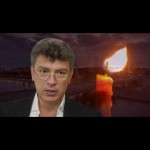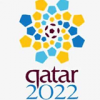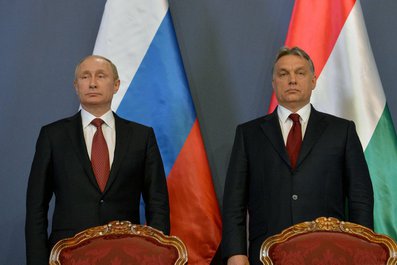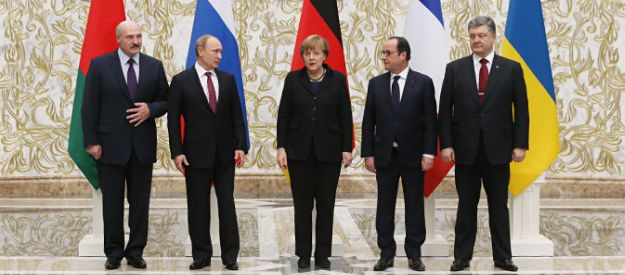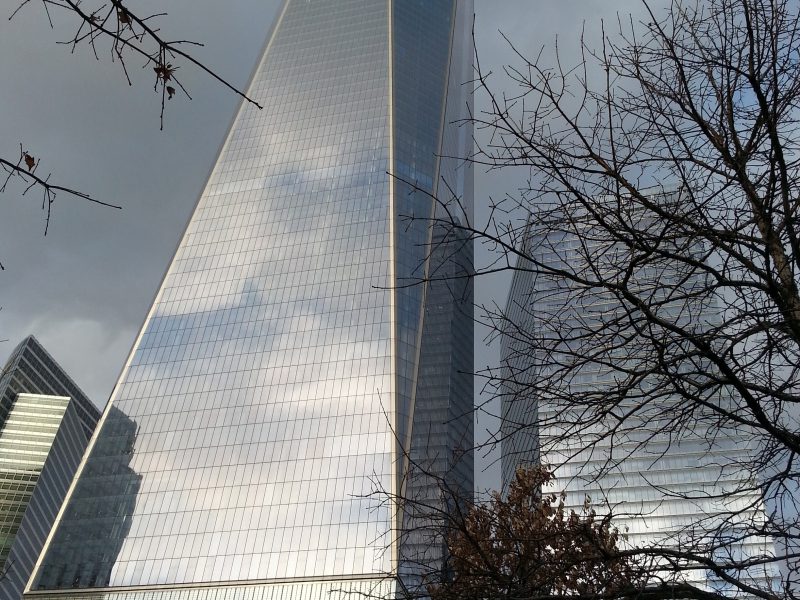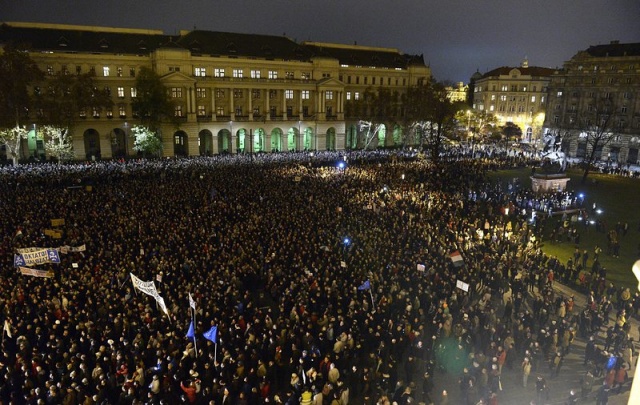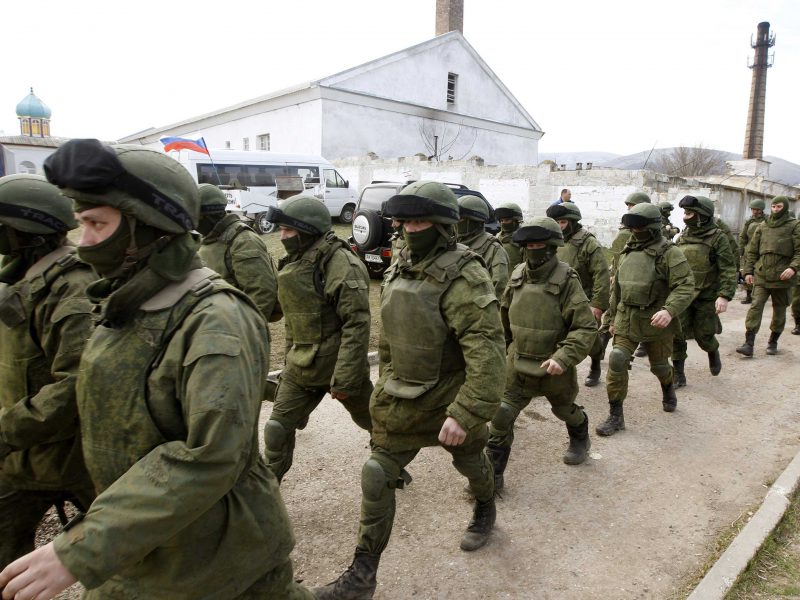Russia at a crossroads
One can only hope that Boris Nemtsov’s death, the protests, investigation and soul-searching that will follow it, will prove a turning point towards a more transparent, tolerant and democratic Russia. The country needs a new start. Let’s see if President Putin can change course and steer such a positive transition.

